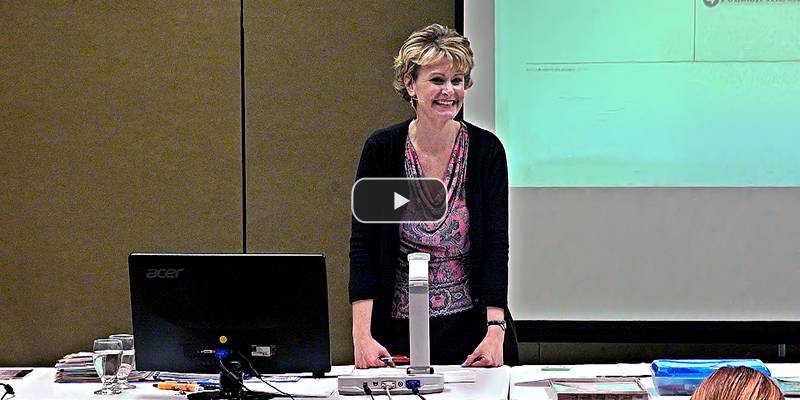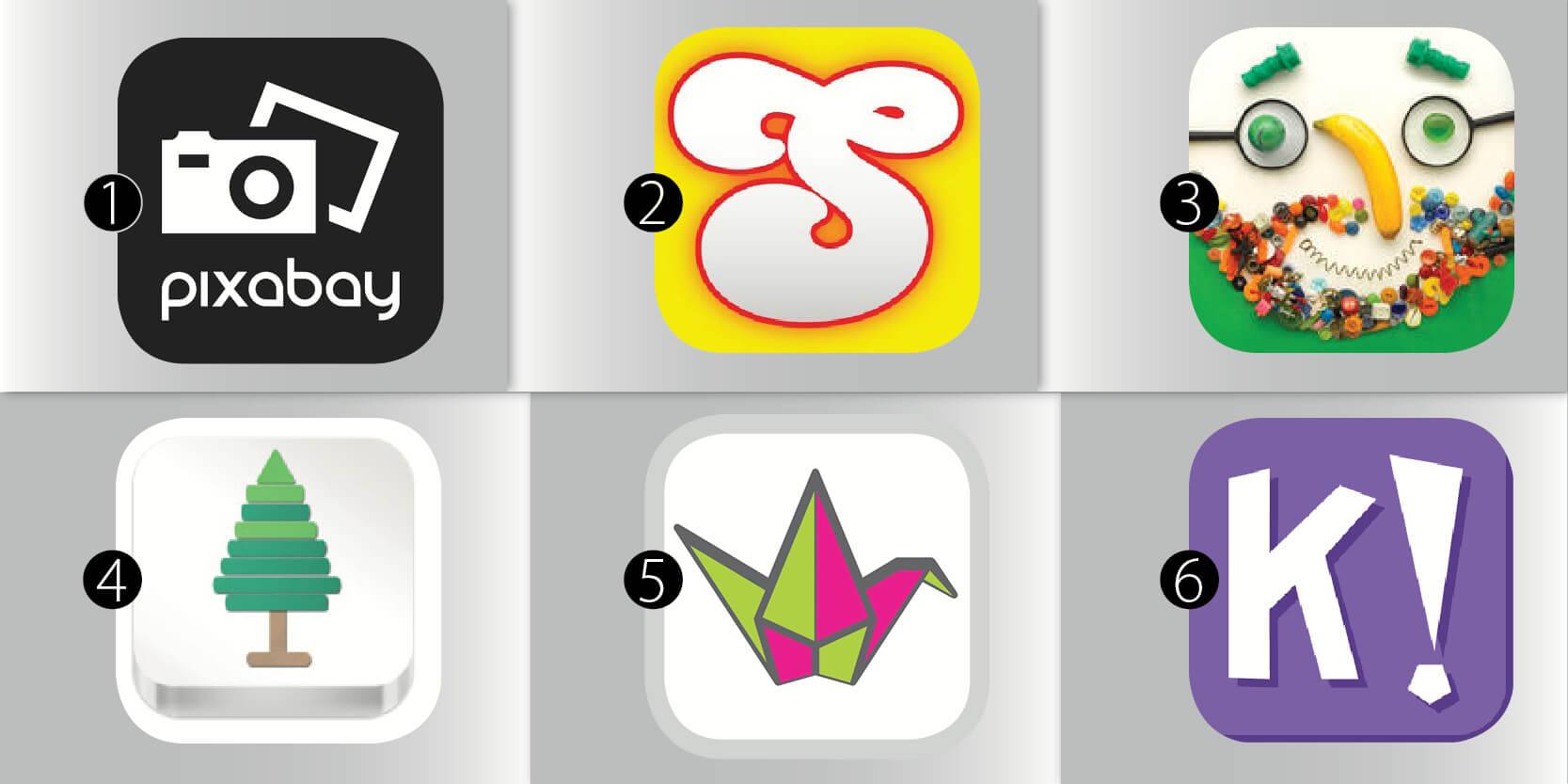Learning Center
Reading
Compare vocabulary study to dating
March 1, 2019
The expectation is students “master” essential vocabulary words. This means they have permanently added the terms to their listening, speaking, reading, and writing vocabularies.
To truly master any term, students require repeated exposure to the word’s meaning over a long period of time. Various research studies (with different grade levels, subject areas, and different vocabulary terms) have made claims of the number of repetitions needed to stick words in memory. Some studies reference as few as four exposures, but most claim it takes about 12 repetitions. This level of vocabulary knowledge is not accomplished in a week or within a single unit of study. Rather, it will require getting to know each word deeply over months.
Beech Grove Middle School (Beech Grove, IN) teacher Rita Bass previously suggested that this long-term process reminds her of dating. Let’s look at the various levels of vocabulary acquisition through the stages of a growing relationship.
- COMPLETE STRANGERS: The first conversations about this term include basic introductions, explanations, and general meaning. With only limited exposure and background, anticipate the student will forget the word’s name and meaning the next time he sees it.
- INITIAL ACQUAINTANCES: After some small talk, the student becomes acquainted with the word. He gains a basic or surface understanding of the word. He possesses general information and can repeat the gist of its meaning but not much else.
- JUST FRIENDS: Over time and with repeated exposure, the word doesn’t seem new anymore. The student bumps into the word more often and recognizes its meaning. This familiarity adds a level of comfort and confidence.
- INITIAL DATING: There is an intense get-to-know-you period that goes beyond surface meaning. Like initial dating, a student hangs out frequently with a word, and in a short amount of time, finds out a lot of information about it. Students begin to see the word in its various forms (e.g., noun, verb, adjective, adverb) and in various subjects and contexts.
- LONG-TERM DATING: After weeks and months with the word, students are able to refine their understanding of its meaning. They recognize its various synonyms and meet the relatives of the word (word parts, roots that comprise the word, etc.). There is an auto-pilot recognition with the word’s meaning. The student knows this word well–its parts and pieces, likes and dislikes, habits and preferences.
- INTIMATE KNOWLEDGE: The student knows this term inside and out. Like a spouse who can finish the other’s sentences, he understands the term’s many nuances. This word is embedded within his working vocabulary; he regularly uses it in his spoken and written expression. He even finds himself using its meaning to unlock the meaning of other new words he encounters.
Students require multiple interactions with a vocabulary word over months for it to transition from a “complete stranger” to this level of word intimacy.





